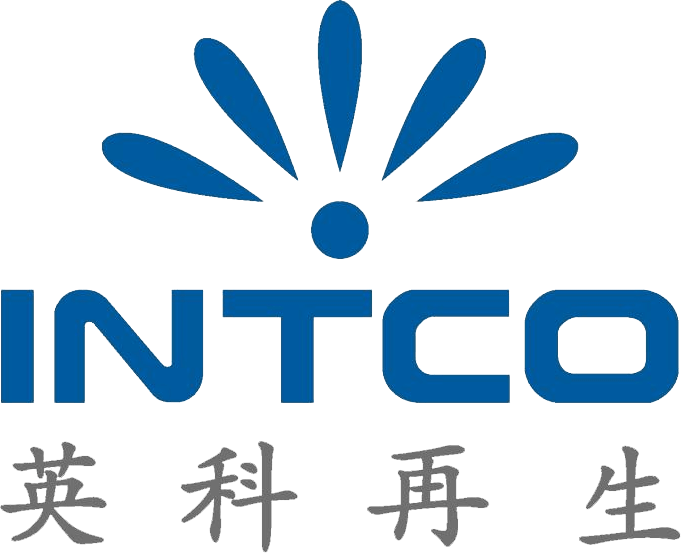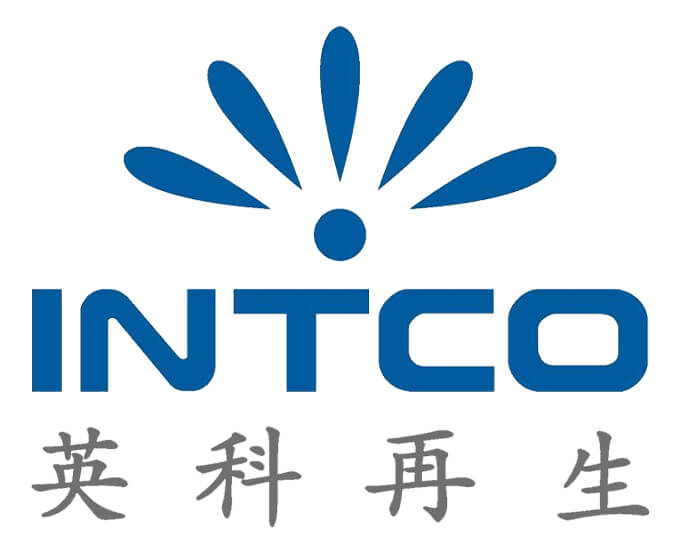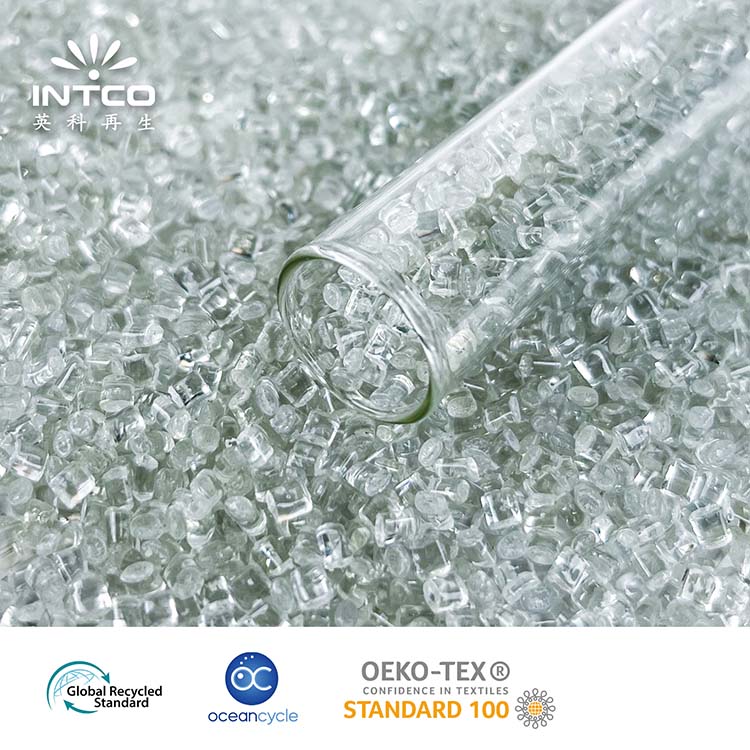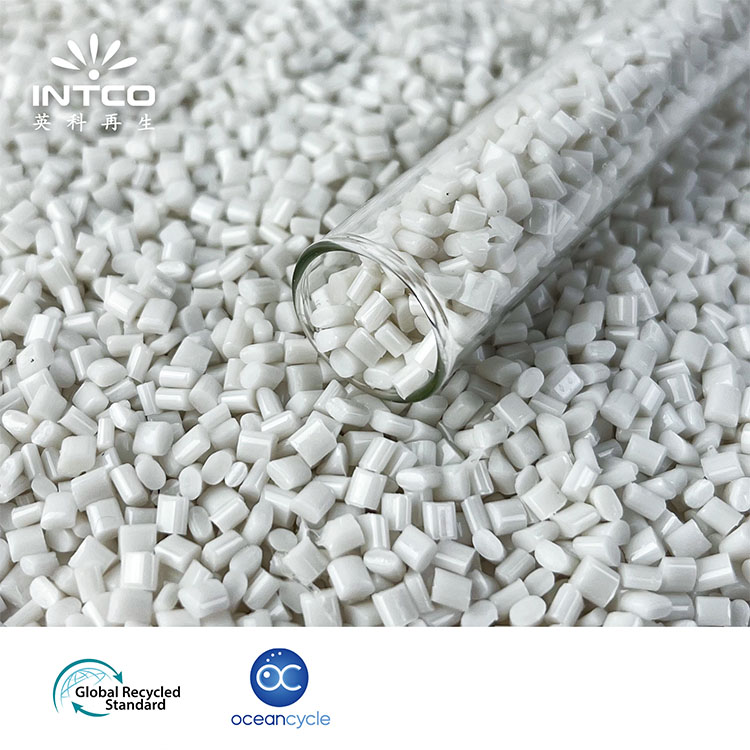Overview
The growth of the rPET market is primarily driven by an increasing commitment to sustainability from companies and consumers alike. More products are being packaged using rPET, leading to a surge in its demand. Additionally, larger organizations are actively committing to ethical sourcing and social responsibility, which has resulted in greater market traction for rPET. With innovations enhancing the processing and quality of recycled materials, the industry is at a pivotal stage that promises further expansion in the coming years.
Drivers of Market Growth
Several critical drivers are propelling the rPET market forward. Regulatory frameworks and government support for recycling initiatives are essential contributors. Many countries are implementing stringent policies that prioritize the use of recycled materials, promoting a circular economy. Furthermore, heightened consumer consciousness regarding environmental sustainability is fostering demand for eco-friendly products, compelling manufacturers to consider rPET as a viable alternative to virgin plastics.
Technological Advancements and Innovations
Technological advancements play a crucial role in the rPET market’s growth, with innovations in recycling processes leading to higher quality and lower-cost rPET. Enhanced separation technologies and improved recycling methods have made it possible to reclaim rPET more efficiently, allowing manufacturers to maximize yields. Moreover, the development of advanced chemical recycling methods is opening new avenues for the utilization of rPET, reinforcing its market position.
Impact of Changing Consumer Preferences
Changing consumer preferences significantly impacts the rPET market. Today’s consumers are more inclined to purchase products that prioritize sustainability and actively seek out brands that reflect these values. This shift has pressured manufacturers to adapt to changing behaviors by integrating rPET into their supply chains. The collective consumer mindset has thereby created an atmosphere fostering the growth of the rPET market.
Increasing Demand for Sustainable Packaging Solutions
In response to the burgeoning conversation surrounding sustainability, the demand for sustainable packaging solutions has grown rapidly. rPET is becoming a preferred choice for companies looking to reduce their environmental impact when designing packaging. As the industry evolves, there is increasing recognition of the importance of sustainable solutions as part of an overall product strategy.
Importance of Sustainability in Packaging
Sustainability in packaging has become more than a trend; it is now a fundamental requirement for businesses aiming for long-term viability. With consumers emphasizing environmentally friendly practices, sustainable packaging is critical for maintaining brand loyalty. Companies are increasingly recognizing that sustainable packaging not only addresses environmental concerns but also helps enhance their brand image in competitive markets.
Market Trends Toward Eco-Friendly Materials
The market trends indicating a shift toward eco-friendly materials are evident. Adoption of rPET is accelerating as brands reconsider their product packaging processes. Major corporations are setting ambitious goals related to sustainable materials usage, leading to a surge in demand for rPET. This reflects a broader industry trend that emphasizes reduced reliance on virgin plastic and champions the use of recycled materials within product packaging.
Adoption by Major Corporations
Major corporations are leading the charge in adopting rPET as part of their packaging strategy. This trend is influencing other businesses within the industry to follow suit, thus expanding the market’s reach and application of rPET.
Consumer Demand for Green Alternatives
Consumer demand for green alternatives continues to rise, motivating companies to prioritize sustainability initiatives. The shift towards eco-conscious purchasing has prompted businesses to evaluate their supply chains critically. As awareness increases, consumers are more likely to support brands that actively implement sustainable practices, leading them to choose products with rPET over non-recycled materials.
INTCO Recycling
INTCO Recycling is a prominent player in the rPET market, making significant contributions through its innovative practices and commitment to sustainability. The company has established itself as a leader in recycling and the production of rPET products, further driving industry developments.
Notable Projects and Innovations by INTCO Recycling
INTCO Recycling has initiated various notable projects that leverage innovative practices to enhance rPET production. Their creation of Fiber-Grade R-PET pellets, characterized by superior quality, is an example of their commitment to sustainability within the textile industry. Additionally, their R-PET-WTK-01 project symbolizes the transition toward high-grade recycled materials that appeal to both manufacturers and consumers.
Fiber-Grade R-PET Pellets-768-02
INTCO Recycling’s Fiber-Grade R-PET Pellets-768-02 embodies the company’s commitment to sustainability and innovation in the recycling industry. These pellets are derived from clean bottles, repurposing a vast amount of post-consumer waste into a valuable resource. The resin component, polyethylene terephthalate (PET), is renowned for its durability, clarity, and recyclability, making it an ideal choice for the production of high-quality fibers.
The pellets are processed through a 120-mesh filter, ensuring a high level of purity and removing impurities that could compromise the quality of the final product. This rigorous filtration process underscores INTCO Recycling’s dedication to delivering top-notch materials that meet the highest standards of the industry. By offering Fiber-Grade R-PET Pellets-768-02, INTCO Recycling is not only contributing to a greener future but also enabling businesses to incorporate sustainable and high-performance materials into their products and processes.
R-PET-WTK-01
INTCO Recycling’s R-PET-WTK-01 product represents a pioneering effort in the field of sustainable materials. Crafted from clean bottles as its base material, this product harnesses the power of recycling to transform discarded plastic into a valuable resource. The core component of R-PET-WTK-01 is polyethylene terephthalate (PET), a versatile and widely used polymer known for its strength, clarity, and recyclability. By repurposing PET from bottles, INTCO Recycling not only reduces waste but also promotes circular economy principles.
The product boasts a uniform white color, ensuring a consistent and appealing appearance across various applications. This consistency is further enhanced by its high purity, achieved through a rigorous 600-mesh filtration process. This meticulous filtering step removes impurities and ensures that the recycled PET meets stringent quality standards, making it suitable for a wide range of demanding industries, including textiles, packaging, and more. The combination of these features—cleanliness, purity, and versatility—makes R-PET-WTK-01 an attractive choice for businesses seeking eco-friendly and high-performance materials.
Market Size and Forecast for Global rPET Industry
The rPET industry has experienced impressive growth, with current market valuations indicating a robust trajectory. As consumer preferences shift and more corporations adopt sustainable practices, the demand for rPET is expected to continue to increase.
Current Market Valuation and Projections
The current market is valued significantly, with projections suggesting further expansion in the coming years. With increasing regulatory measures and the growing importance of sustainability, the rPET market is on track for considerable growth. Industry experts anticipate that the market will continue to flourish as companies pivot towards incorporating recycled materials into their production processes.
Regional Insights and Key Geographical Markets
Regional insights reveal that the demand for rPET is not uniform across the globe, with key geographical markets exhibiting varied levels of adoption. North America and Europe lead the charge with advanced recycling infrastructure and strong consumer demand. However, emerging markets are catching up as policymakers implement supportive regulations, fostering rPET growth. This diverse geographical landscape presents strategic opportunities for businesses to capitalize on the long-term benefits of integrating rPET into their product lines.
Regulatory Environment and Government Initiatives
Role of Governments in Supporting rPET Adoption
Governments worldwide play a crucial role in supporting the adoption of rPET through legislative measures and incentives. They have increasingly recognized the need to mitigate environmental impacts caused by plastic waste and are therefore implementing policies that bolster the recycling sector. These regulations often include mandates for the use of a specific percentage of recycled materials in products, such as packaging and textiles; thus creating a direct demand for rPET. In addition, government-led education campaigns aim to raise public awareness about recycling benefits and practices, thus fostering a responsible consumer base that actively seeks sustainable products.
Incentives and Subsidies for Recycled Materials
To further bolster rPET adoption, many governments are instituting a range of incentives and subsidies aimed at recycling initiatives and the use of recycled materials. These can take the form of tax breaks, direct financial support for companies that commit to incorporating rPET in their products, and public grants for advances in recycling technology. For instance, some countries are providing cash incentives to businesses that achieve specific sustainability targets, increasing their motivation to transition to rPET. These supportive frameworks not only ease financial burdens but also stimulate innovation in that pivotal segment of the economy, consequently driving the growth of the rPET market.
Investment Opportunities in the rPET Market
Key Areas for Potential Investment
The global rPET market presents several areas ripe for investment, specifically in engineering recycling infrastructure, technology development, and process optimization. As the demand for rPET continues to expand, investing in recycling plants and processing facilities becomes increasingly advantageous. Additionally, startups focusing on innovative technical solutions that enhance rPET quality or reduce processing costs offer attractive avenues for investors. Finally, collaborative efforts within the industry to create efficient supply chains for collecting and processing waste can generate significant returns, thereby attracting a diverse array of stakeholders seeking sustainable solutions.
Technological Development
Technological development is at the forefront of the rPET market, with innovations in both mechanical and chemical recycling processes enhancing the overall efficiency and yield of rPET production. Investments in advanced separation technologies enable better sorting of plastic waste, ensuring the quality of reclaimed materials. Moreover, novel methods such as enzymatic recycling and depolymerization promise to transform how plastics are reprocessed by reclaiming high-quality raw materials at lower environmental costs. This continuous evolution in technology not only addresses supply chain inefficiencies but also broadens the application spectrum of rPET across different industries.
Expansion into New Markets
The rPET market offers significant opportunities for expansion into emerging markets, where there is an increasing necessity for sustainable practices. Countries in Asia, Africa, and Latin America are experiencing rapid urbanization and rising consumption rates, leading to higher rates of plastic waste generation. As such, introducing rPET products in these markets can meet both regulatory expectations and consumer demand for environmentally friendly goods. Moreover, assisting local enterprises in adopting sustainable practices can help establish strong relationships and pave the way for mutual benefits through shared goals of sustainability and economic growth.
Industrial Applications Driving Demand
Multiple industrial applications are driving the increasing demand for rPET, particularly in the packaging and textiles sectors. The packaging industry significantly benefits from the incorporation of rPET due to its properties that allow for lightweight, durable products while maintaining high-performance standards. Furthermore, the textile sector is increasingly integrating rPET into its processes, aligning with consumer expectations for sustainable clothing options. As companies embark on new product lines that prioritize eco-friendliness, the demand for rPET will continue to rise, solidifying its role as a key player in these dynamic industries.
Summary
All in all, the global rPET market is poised for significant growth, bolstered by a supportive regulatory environment and strong governmental initiatives. This growth is being driven by a collective awareness of the environmental challenges posed by plastic waste and an increased commitment to sustainability across industries. Investment opportunities abound, particularly in technology development and expansion into emerging markets, as organizations seek ways to innovate and integrate rPET into their supply chains. Companies that strategically align their objectives with these market trends will find themselves well-positioned to capitalize on the burgeoning rPET industry.















